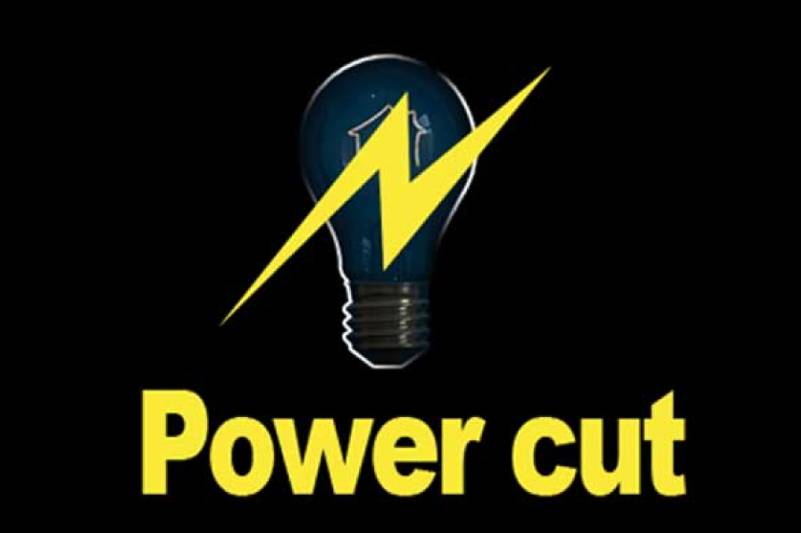Sri Lanka’s electricity tariffs are to be increased to unprecedented level along with unannounced power cuts in several areas in the country despite Power and Energy Minister Mahinda Amaraweera assurances that no such actions on the cards.
The impending countrywide power cuts and electricity tariff increase are beyond the control of Minister Amaraweera who has no knowledge in the subject, energy experts claimed.
Although the hydro power reservoirs are filled up to its capacity during heavy rains in catchment areas in last December Hydro power generation alone cannot meet the country’s power demand, they said.
Thermal power generation has also been affected due to the refusal of the Ceylon Petroleum Corporation (CPC) (also coming under the purview of Minister Amaraweera) to supply fuel to Ceylon Electricity Board(CEB).
CEB has to pay a large sum of money to CPC for its fuel purchases. Minister Amaraweera is the subject minister of power and he can direct officials to repay the CEB dues.
But this is not possible due to heavy loses and overhead expenses of CEB a senior official said adding that the only option is to increase electricity tariff to meet the current financial issue.
He noted that a Rs.10 increase per unit or optional tariff’ for the single phase domestic consumers approved by the Public Utilities Commission of Sri Lanka on trial basis with effect from 15 September 2015 will be enforced to tackle the present power crisis.
The Ceylon Electricity Board CEB spends Rs. 23.00 per unit on electricity, while the lowest income earner is charged Rs. 2.60 per unit and overall, the CEB receives only Rs. 16.00 per unit.
The CEB had incurred a loss of Rs.100 billion and the electricity tariff was to be increased by about Rs. 10 per unit to cover this loss, he revealed.
The other option is to introduce optional tariff’ or the time of use (TOU) tariff for the single phase domestic consumers.
According to the introduced ToU, a consumer will be charged only 13 rupees per unit in the off-peak hours (22.30- 05.30 hrs), 25 rupees per unit during the day (05.30-18.30 hrs) and 54 rupees per unit in the peak (18.30-22.30 hrs). A monthly fixed charge of 540 rupees will be also applied to the ToU consumer
(LI)

